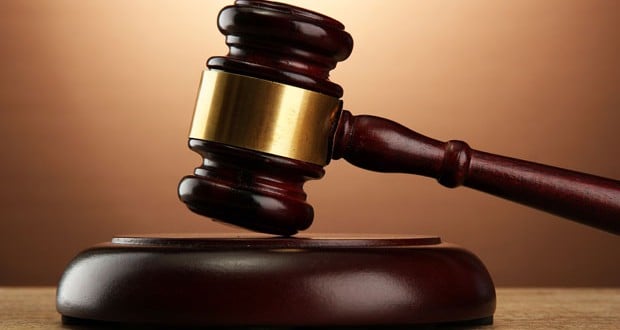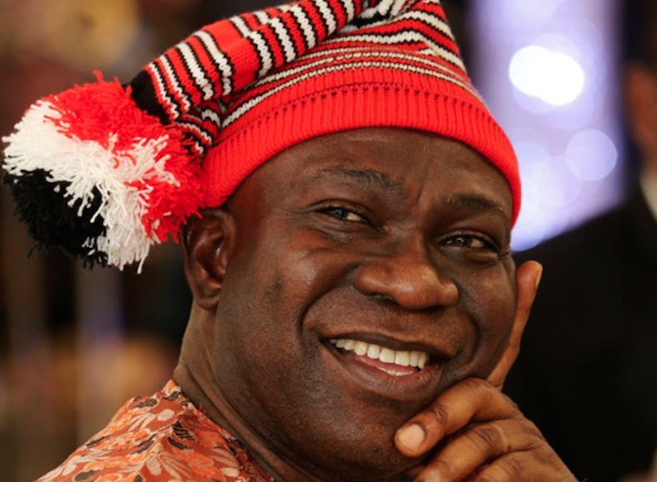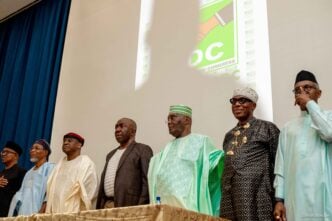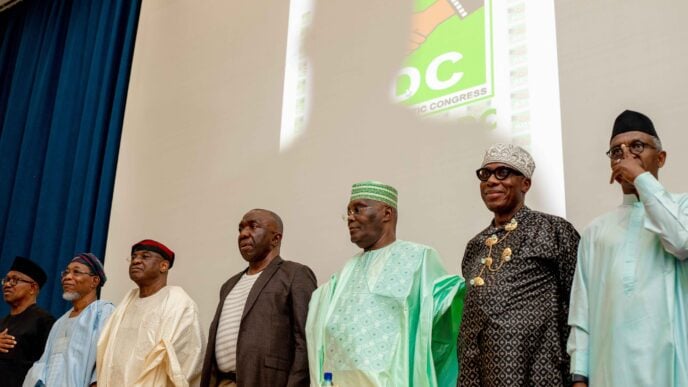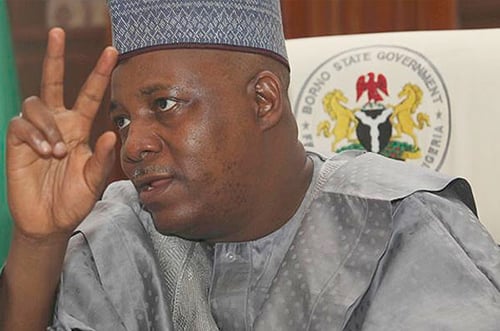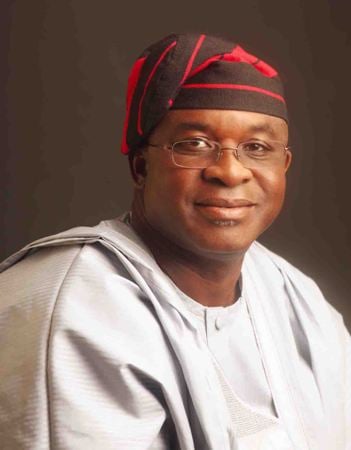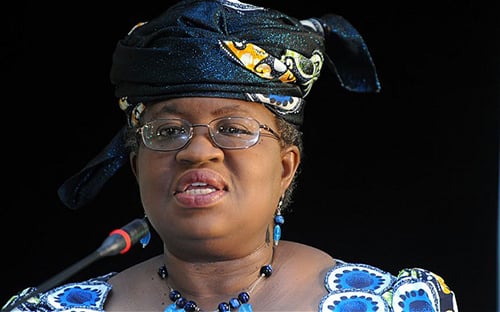The Lagos state government has approached the supreme court to seek leave to commence contempt proceedings against the national assembly over the central gaming bill.
In a motion filed on behalf of the attorney-general of Lagos by Bode Olanipekun, senior advocate of Nigeria (SAN), the state government is seeking the supreme court’s order to initiate judgement enforcement proceedings through the issuance of form 48.
Form 48 is a notice of the consequences of disobeying a court order and serves as the first step before the commencement of contempt proceedings.
BACKGROUND
Advertisement
Over the past few months, the Lagos state government and national assembly have been at loggerheads over the Central Gaming Bill, 2025, seeking to “regulate the operation and business of online gaming across all states in Nigeria, including a specific provision for activities in the federal capital territory (FCT)”.
The bill is currently before the senate and house of representatives.
The proposed legislation seeks to establish a regulatory framework for online and remote gaming in Nigeria. It is intended to replace the previously repealed National Lottery Act of 2005.
Advertisement
However, the Lagos state government had argued that the proposed legislation violates the judgement of the supreme court delivered in November 2024, which nullified the enforcement of provisions of the National Lottery Act 2005 in the 36 states of the federation.
The state government also argued that issues relating to gaming and lottery fall under the purview of the state governments, not the federal government.
THE SUPREME COURT’S JUDGMENT
In November 2024, the apex court nullified the enforcement of provisions of the National Lottery Act 2005 in the 36 states of the federation.
Advertisement
In a unanimous judgement, the seven-member panel of the court held that the national assembly lacks the powers to legislate on issues pertaining to lottery and gaming.
The court held that issues of lottery and gaming cannot be categorised under the trade and commerce in the exclusive list stipulated in the 1999 Constitution.
The apex court ruled that only state assemblies have the power to legislate on lottery and gaming businesses.
The National Lottery Act 2005 was signed into law by former President Olusegun Obasanjo in March 2005.
Advertisement
In 2008, the Lagos state government filed a suit against the federal government and national assembly on whether the control and regulation of gaming and lottery businesses in each state is under the exclusive list.
In October 2020, the Ekiti state government joined Lagos as co-plaintiff in the suit.
Advertisement
Subsequently, some states joined as co-plaintiffs, while some states, mostly from the north, joined as co-defendants.
‘PROPOSED BILL RELATES TO LOTTERY, GAMING’
Advertisement
In an affidavit filed in support of the motion, the Lagos government argued that the proposed bill before the national assembly deals entirely with lottery and gaming, which the supreme court had ruled falls outside the legislature’s jurisdiction.
The state government said both the repealed National Lottery Act of 2005 and the proposed legislation define ‘gaming’ and ‘lottery’ with similar terms.
Advertisement
The state government averred that since the judgement of the Supreme Court in November 2024, the exclusive list of the constitution has not been amended to include lottery or gaming.
